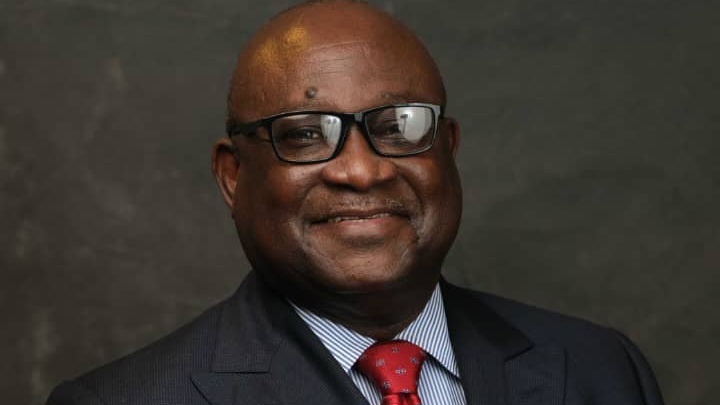The Group Managing Director of SO&U, Udeme Ufot, has called for intentional, well-structured, and responsive financing as the critical catalyst for unlocking Nigeria’s creative economy. Ufot made this call at the QEDNG Powerhouse Summit themed “Financing as Catalyst for a Thriving Creative Economy,” organised by Mighty Media Plus Network Limited and QEDNG.
A statement on Thursday stated that the summit brought together policymakers, financiers, creators, and media leaders to address the persistent funding challenges in the sector. Ufot emphasised that despite the creative industry’s vibrancy and resilience, financing remains the single biggest roadblock to its growth.
“The creative industry in Nigeria is one of our most vibrant and resilient sectors,” Ufot said.
“Yet, despite our abundance of talent and the undeniable economic value of creativity, financing remains the single biggest roadblock. Without sustainable and strategic funding, ideas remain trapped in notebooks, studios shut down, and potential is lost.”
Ufot stressed that financing must be smart, flexible, and production-driven, designed to scale creative enterprises, protect intellectual property, and stimulate job creation. He called for the development of financial products tailored to the creative industry, government policies that reward innovation and calculated risk-taking, and a stronger evidence base to demonstrate the sector’s social and economic impact.
He also underscored the importance of creatives investing in personal development, acquiring financial literacy, and adopting sound business management practices to reassure investors of their capacity to manage funds effectively.
“This is not about throwing money at the industry,” he noted. “It’s about smart financing that aligns with the realities of creative work. We must ask ourselves how to de-risk investment in the sector, what global financing models can be adapted, how to protect intellectual property in the digital age, and how to ensure the next generation has access to the tools, skills, and capital they need.”
To address these challenges, Ufot proposed the establishment of an industry-wide creative investment fund, stronger policy frameworks, and collaborative platforms to sustain momentum beyond the summit.
“Creativity is more than entertainment; it is identity, influence, and industry,” Ufot concluded. “If we wish to diversify Nigeria’s economy and empower our youths, investing in creativity is not a luxury; it is a necessity. It is a low-hanging fruit that can transform our bulging youth demographics into a great national asset.”
The QEDNG Powerhouse Summit provided a platform for stakeholders to deliberate on the challenges facing the creative industry and explore solutions to unlock its potential. As Nigeria seeks to diversify its economy and empower its youth, investing in the creative industry is a critical step towards achieving these goals.















